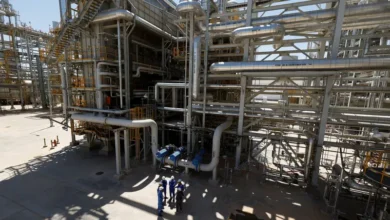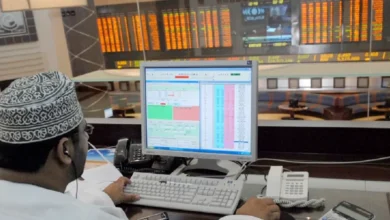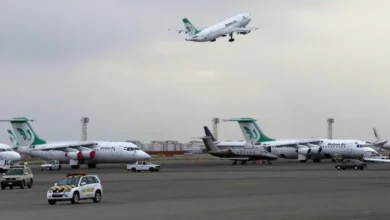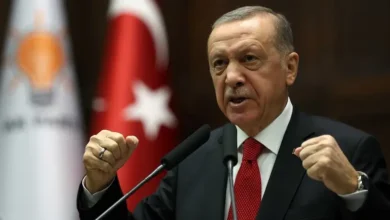World Bank report paints dire picture of global economic outlook as recession looms
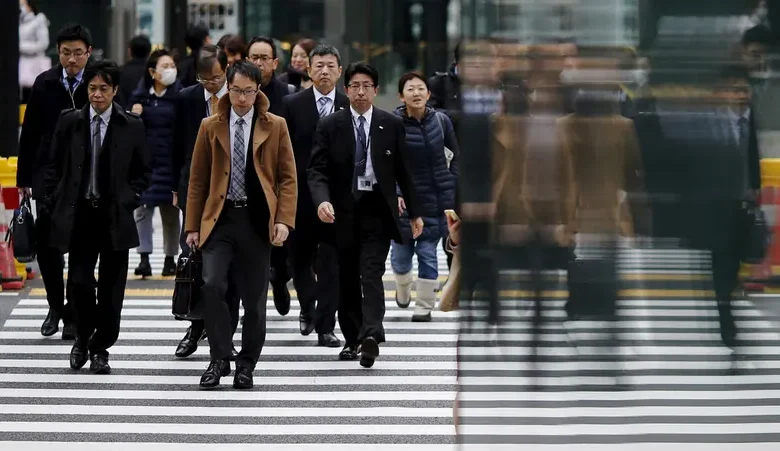
Global economic growth is slowing sharply due to elevated inflation, higher interest rates, reduced investment and disruptions caused by the Russia-Ukraine war, a new World Bank report showed.
The report, published on Tuesday, has painted a dire picture of the global economy, with the prospect of a recession looming on the horizon.
The report warned that if any new adverse developments happen, including an unexpected spike in inflation, an abrupt increase in interest rates, a resurgence of the COVID-19 pandemic, or escalating geopolitical tensions, the global economy could face another recession. If this happens, it would mark a historical first in more than 80 years, as it would be the first time that two global recessions have occurred within the same decade.
The global economy is projected to grow by 1.7 percent in 2023 and 2.7 percent next year. The global economic landscape is predicted to experience a pervasive decline, with projections for 2023 revised to a downward trajectory for nearly all advanced economies, and a significant majority of emerging and developing economies.
The crisis facing development is intensifying as the global growth outlook deteriorates,” World Bank Group President David Malpass said in a statement on Tuesday.
“Emerging and developing countries are facing a multi-year period of slow growth driven by heavy debt burdens and weak investment as global capital is absorbed by advanced economies faced with extremely high government debt levels and rising interest rates. Weakness in growth and business investment will compound the already-devastating reversals in education, health, poverty, and infrastructure and the increasing demands from climate change,” Malpass added.
The outlook for per-capita income expansion in emerging and developing economies is expected to be less favorable over the next two years, with estimates averaging at 2.8 percent. This represents a marked decrease when compared to the preceding decade’s average of 3.8 percent.
As the global economy continues to navigate the challenges posed by the ongoing economic crisis, certain regions are expected to be disproportionately affected. Sub-Saharan Africa, which constitutes 60 percent of the world’s extreme poor, is projected to witness a starkly slow growth in per-capita income over the period of 2023-24. The estimated average of 1.2 percent has the potential to exacerbate poverty rates in the region rather than alleviate them, serving as a reminder of the pressing need to focus on inclusive and equitable economic policies in order to promote sustainable development and reduce poverty.
The outlook for advanced economies is fraught with uncertainty, as projections indicate a significant decline in growth, from 2.5 percent in 2022 to a mere 0.5 percent in 2023. This slowdown is a historical precursor of global recession, the World Bank warned.
The US is forecast to witness a decline in growth to 0.5 percent this year – a staggering 1.9 percentage points lower than prior estimates, marking the weakest performance since 1970, outside of official recessions.
Similarly, the euro-area growth forecast has been revised downwards to zero percent – a 1.9 percentage point reduction. Even China is now predicted to experience growth of 4.3 percent in 2023 – a 0.9 percentage point reduction from previous forecasts.
Excluding China, World Bank projections suggest that growth in emerging markets and developing economies will experience a slowdown, from a rate of 3.8 percent in 2022 to 2.7 percent in 2023. This reflects a confluence of factors, including a marked decline in external demand, compounded by the challenging economic conditions of high inflation, currency depreciation, constrained access to financing and other domestic headwinds.
“Subdued investment is a serious concern because it is associated with weak productivity and trade and dampens overall economic prospects. Without strong and sustained investment growth, it is simply impossible to make meaningful progress in achieving broader development and climate-related goals,” said Ayhan Kose, Director of the World Bank’s Prospects Group.
“National policies to boost investment growth need to be tailored to country circumstances but they always start with establishing sound fiscal and monetary policy frameworks and undertaking comprehensive reforms in the investment climate.”
As the world continues to grapple with the economic aftermath of the pandemic, the World Bank’s new data forecasts a bleak reality for emerging and developing economies. By the end of 2024, their GDP is expected to be roughly 6 percent lower than what was previously anticipated before the pandemic’s onset. Although global inflation is expected to moderate, it will remain above pre-pandemic levels.
The report offers a comprehensive assessment of the medium-term investment growth prospects for emerging and developing economies. The research predicts that over the 2022-2024 period, gross investment in these economies will likely grow at an average rate of 3.5 percent – a significant decline when compared to the preceding two decades.
The World Bank also suggested a range of policy options that could help to bolster investment and drive economic recovery in the affected economies.
Policymakers in small states can improve long-term growth prospects by fostering effective economic diversification and enhancing government efficiency.
The report called on the international community to provide sustained support through official assistance, particularly in the areas of climate change adaptation and debt sustainability, to assist these small states in weathering the economic challenges.
